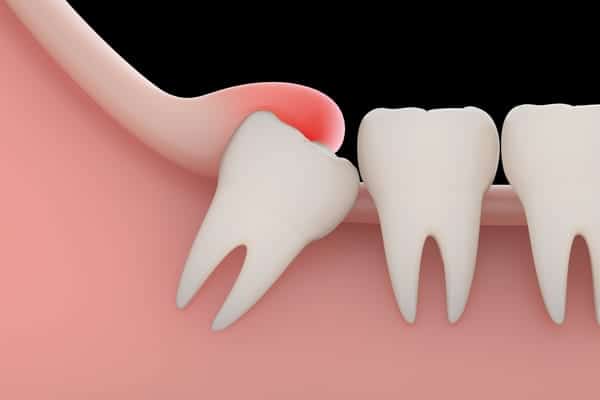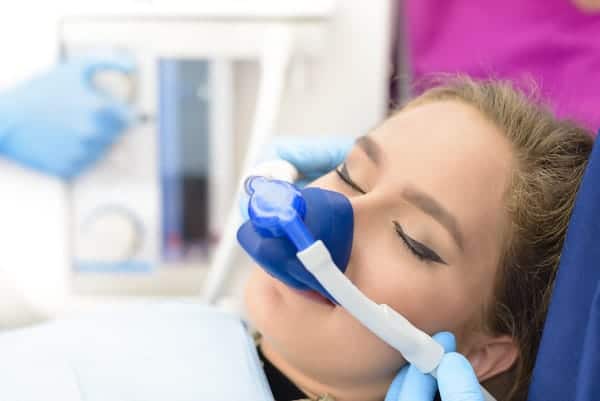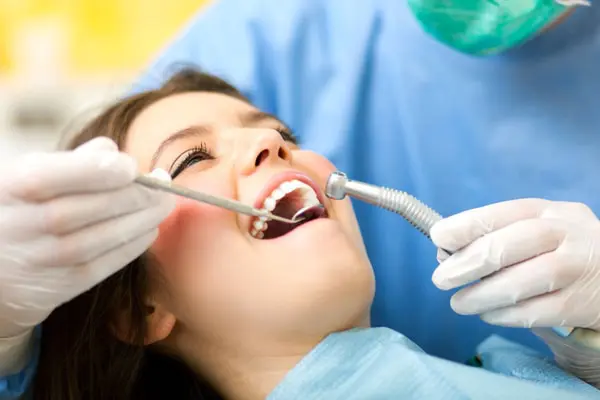Wisdom Tooth Extraction & Removal Surgery Singapore
Wisdom Tooth Removal
What Are Wisdom Teeth?
Wisdom teeth, or third molars, are the last teeth to develop. Wisdom teeth are found on each of the four corners of our jaws. They usually emerge during the late teens from ages 16 to early 20s.
How Does A Wisdom Tooth Become Impacted?
When these molars erupt, there may not be enough room for them. As a result, wisdom teeth are usually not well-aligned, and they vary from being horizontal to being angled inwards or outwards. They might also be partially buried under our gums, which can lead to persistent food trap and gum infections.
What Are Wisdom Teeth?
Wisdom teeth, or third molars, are the last teeth to develop. Wisdom teeth are found on each of the four corners of our jaws. They usually emerge during the late teens from ages 16 to early 20s.
How Does A Wisdom Tooth Become Impacted?
When these molars erupt, there may not be enough room for them. As a result, wisdom teeth are usually not well-aligned, and they vary from being horizontal to being angled inwards or outwards. They might also be partially buried under our gums, which can lead to persistent food trap and gum infections.
Watch to learn about Wisdom Tooth removal
Why Remove A Wisdom Tooth?
A wisdom tooth may create a hard-to-clean space under the gum or with the second molar when it is partially emerged or malaligned. This narrow gap can trap food, allowing bacteria to flourish. This in turn leads to gum infections and tooth decay, which may affect the second molar as well.
In addition, having wisdom teeth makes brushing and flossing extra challenging, as molars are located where normal toothbrushes cannot reach.
Regular dental checks enable our dentists to detect any issues you might have with your wisdom teeth. If necessary, dentists will recommend that patients have wisdom tooth removal surgery before they become a problem.

Why Remove A Wisdom Tooth?

A wisdom tooth may create a hard-to-clean space under the gum or with the second molar when it is partially emerged or malaligned. This narrow gap can trap food, allowing bacteria to flourish. This in turn leads to gum infections and tooth decay, which may affect the second molar as well.
In addition, having wisdom teeth makes brushing and flossing extra challenging, as molars are located where normal toothbrushes cannot reach.
Regular dental checks enable our dentists to detect any issues you might have with your wisdom teeth. If necessary, dentists will recommend that patients have wisdom tooth removal surgery before they become a problem.
What To Expect (Before and After Surgery)
Pre-Surgery: Consult
During consultation, remember to ask questions if you are unsure of what to expect.
Our surgeons will discuss any risks or complications that may arise during surgery, and carefully explain the procedure to you. Also, it is helpful for our dentist to know any underlying health issues you might be facing, and to have a list of drugs or supplements you require daily.
Feel free to ask our surgeons about your options for anesthesia (local / IV sedation / general).
During Surgery: For Different Types of Wisdom Teeth
Video from Jon Steinberg, Cheddar on LinkedIn
Post Surgery
During the first 24 hours after your wisdom tooth surgery, there are a few symptoms that may occur:
- Bleeding— A small amount of bleeding may occur. Avoid rinsing your mouth rigorously. Adhere to instructions provided by our dentist on controlling bleeding.
- Facial swelling — Some facial swelling may surface over the next two to three days and is a normal response as the body heals and recovers.
- Facial bruising — As part of the healing process, these bruises (if any) might appear initially and will gradually subside and fade after a week.
- Pain and jaw stiffness — Some pain and jaw stiffness (if any) may also be experienced post surgery. Your dentist will prescribe you with anti-inflammatory medications to relieve these discomforts.
Do not worry, as these are common symptoms after wisdom tooth removal. Should there be no improvement with the pain and bleeding after two weeks, consult with our dentist immediately.
Recovery Tips After Removing Wisdom Teeth
DO
- Curb swelling by placing an ice pack on your face
- Apply moist heat (such as a moist hot pack) if you have a sore jaw
- Practice a soft diet for the first few days
- Gently rinse your mouth with the prescribed antibacterial mouth rinse as instructed to keep your mouth clean
- Start brushing your teeth on the second day (Brush the surgery area gently to refrain from dislodging blood clots)
- Take painkillers as prescribed to help with pain & swelling
- Make an appointment with our dentist if the pain and swelling doesn’t subside or if you have a fever
DON’T
- Don’t drink with a straw as slurping may cause blood clots to loosen (they help with healing your mouth)
- Don’t rinse your mouth too vigorously; rinse gently with a mouthwash instead
- Don’t spit continuously if you taste blood in the mouth. It is common to have mild bleeding up to 3 days post-surgery. Continuous spitting disturbs the blood clot and causes more bleeding.
- Don’t eat crunchy, solid, hard, or sticky foods that may scratch the wounds
- Don’t smoke as it will cause pain, infection and poor wound healing
FAQs on Wisdom Tooth Extraction
An average of 5 days of medical leave is provided in Singapore. However, your actual recovery time depends on factors like:
- Your response to surgery
- Age
- The extent of surgery (depends on the depth and orientation of the wisdom tooth)
- Rest
- Medication
- Hygiene
Maximum rest is recommended for at least the first 2–3 days. You should avoid any strenuous activity and follow the medication prescription schedule closely. Also, do your best to keep the site clean. Otherwise, poor hygiene, as well as using alcohol and tobacco, can slow down healing.
Removal of wisdom teeth is commonly done under local anaesthesia. With proper technique, the area is completely numb, and the procedure will be painless for you. As with any surgery, the recovery involves some pain and swelling. However, with modern painkillers, this process can be made much more manageable.
Particularly anxious patients can opt to have the procedure done with intravenous sedation, administered by an anaesthetist. It induces a completely relaxed state, and you will have no memory of the procedure.
The spectrum ranges from someone up and about almost immediately, to someone staying in bed for days. Most patients are able to resume their normal daily activities a day or two after the procedure.
While it is alright to want to get back into the routine, rest is always recommended. You should avoid sports and strenuous activities.
While primary wound closure occurs in days, wisdom teeth removal often results in voids (spaces once occupied by the wisdom teeth). These spaces will gradually heal and fill with bone, but the process can take a few months.
If the tooth was partially exposed to begin with, food debris can get trapped in the socket. In this case, rinsing and flushing with a syringe is recommended after meals.
Removal of wisdom teeth is a common and routine procedure. Our dentists will be glad to assess and discuss any concerns you have. Medisave can be used for wisdom tooth removal surgeries, subject to eligibility criteria. If you’re planning to have a wisdom tooth extraction, book an appointment with us and consult our specialists at The Dental Studio.




